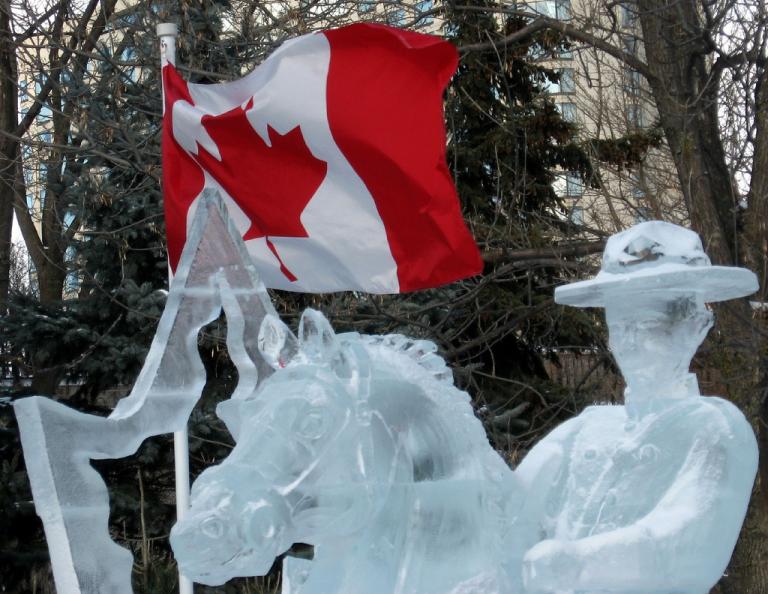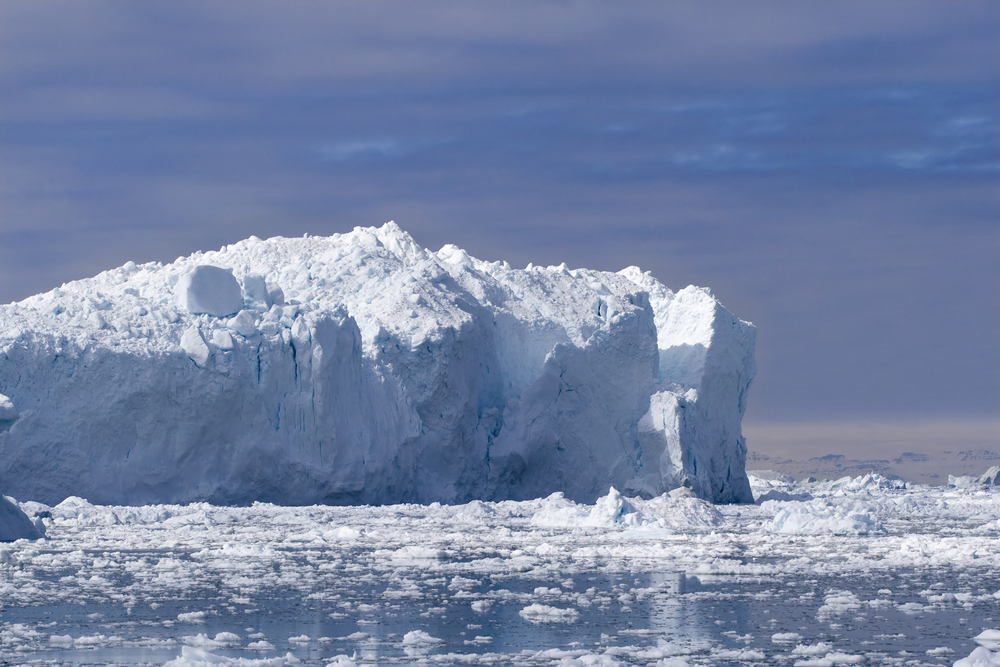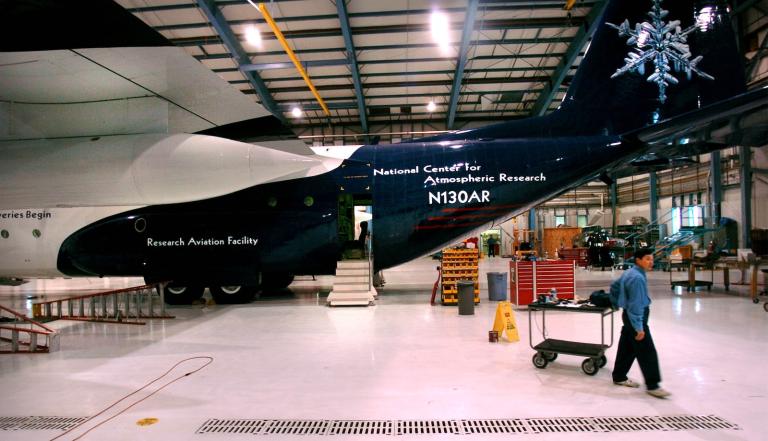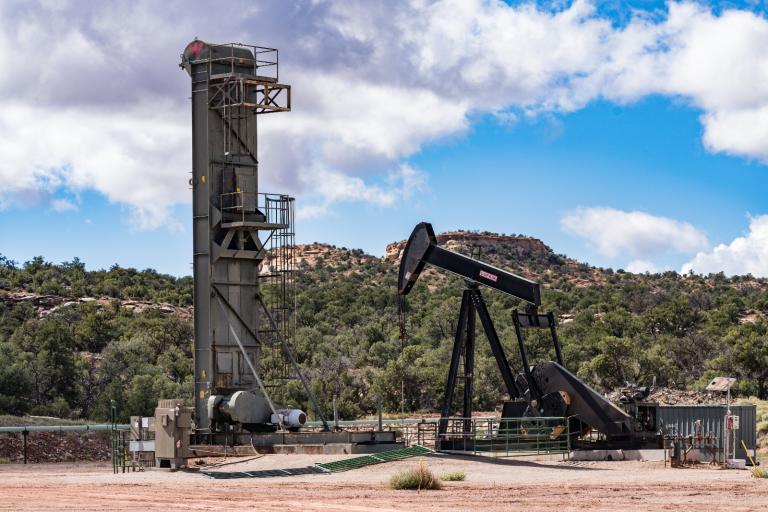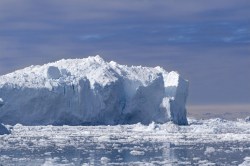
Shutterstock / Anders PeterChockablock with plankton food.
As glaciers and ice sheets melt and flood the world, they are releasing a type of nutrient that’s lapped up by tiny creatures that could help reduce global warming.
Glaciers contain surprisingly high concentrations of iron, according to the results of a study published Sunday in the journal Nature Geoscience. Iron is a nutrient that’s essential for the growth of plankton, which forms the base of ocean food webs.
As plankton blooms feast on iron and grow, they also suck down large quantities of carbon dioxide. Some of that carbon is then passed up the food chain to larger animals. When plankton and animals that feed upon them die, some of the biomass sinks to the bottom of the ocean, taking all that carbon to a deepwater grave and removing it from the atmosphere.
Iron from wind-blown dust and river runoff fuels annual plankton blooms in the world’s ocean. Ice sheets and glaciers are now also thought to contribute iron from sediments on the bottom of calved icebergs and glacially-derived dust. Until now, meltwater runoff from glaciers and ice sheets was considered too dilute to carry much iron, although previous research has shown a strong correlation between the plankton blooms and the runoff from Greenland ice sheet.
“Glacial runoff has only recently been considered a potentially important source of nutrients that are useable, or bioavailable, to downstream ecosystems,” says [Woods Hole Oceanographic Institution researcher Maya] Bhatia. “We believe our study now adds iron to that list of nutrients, and underscores the potential for a unique but as-yet-undetermined chemical impact from increasing ice sheet meltwater runoff.”
The scientists warn that more research is needed to establish whether the melting glaciers and ice sheets are actually serving the counterintuitive purpose of slowing down the very global warming that is leading to their demise. To grow in large enough volumes to affect global warming, they say, plankton would also need phosphates and nitrates — and it’s unclear at this point whether there are enough of those nutrients to help make a difference.
